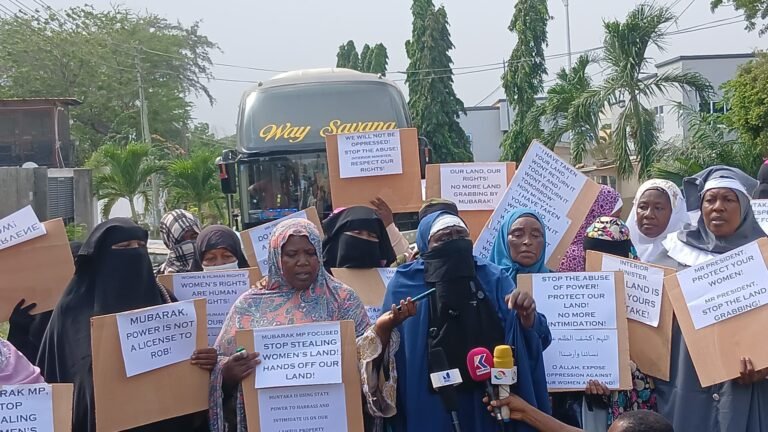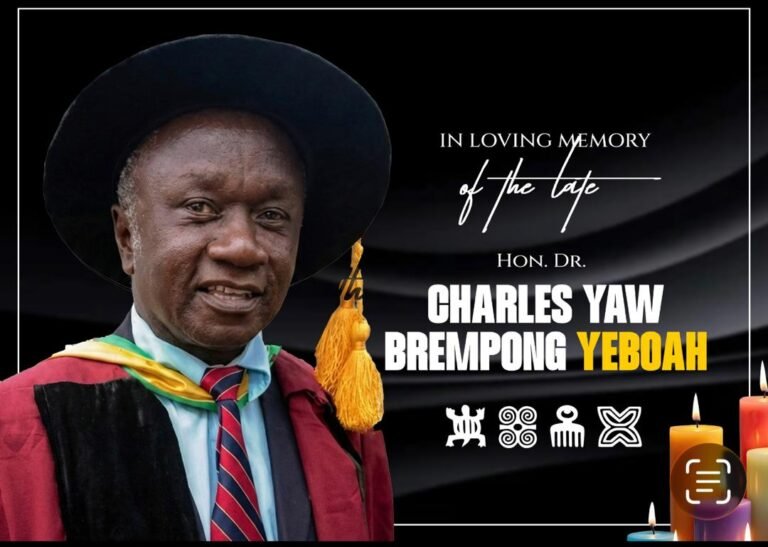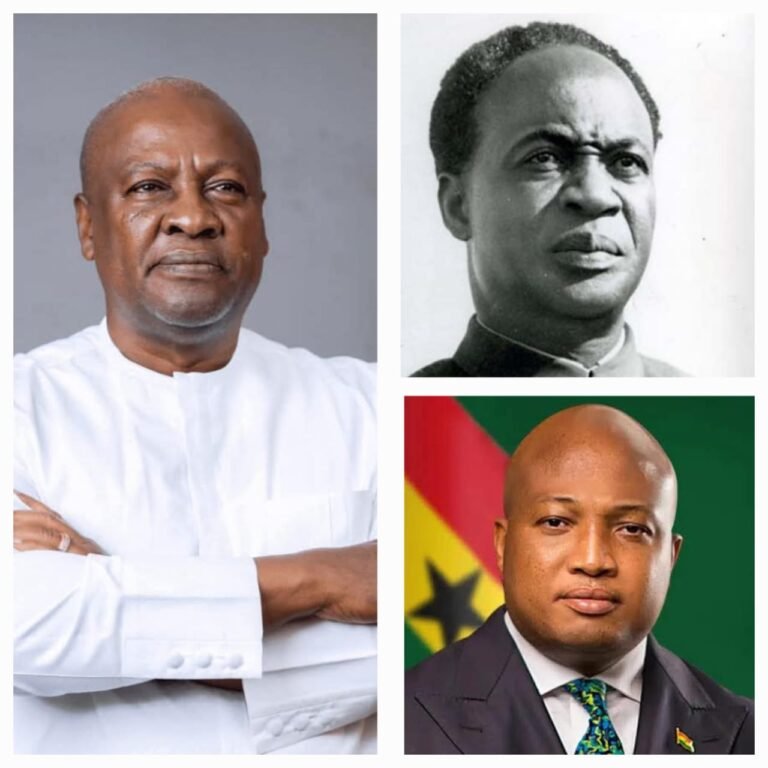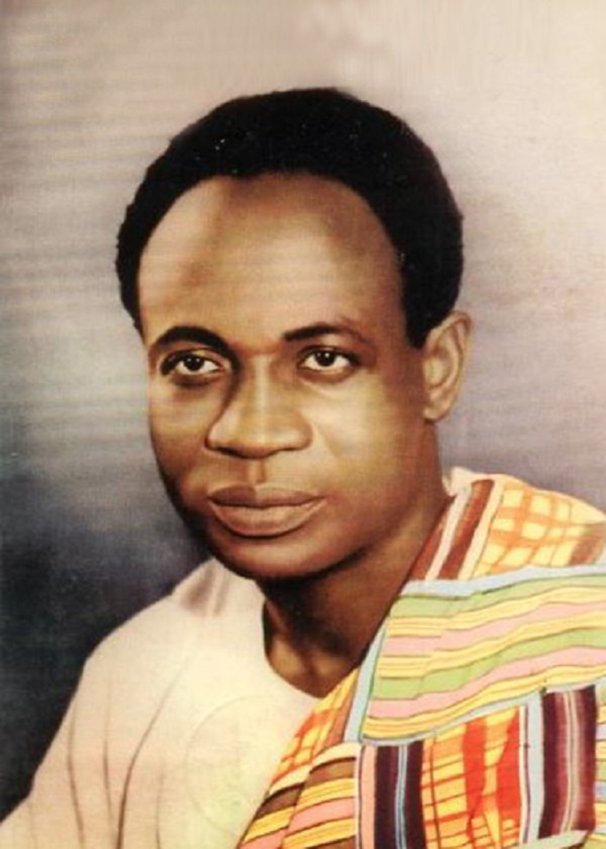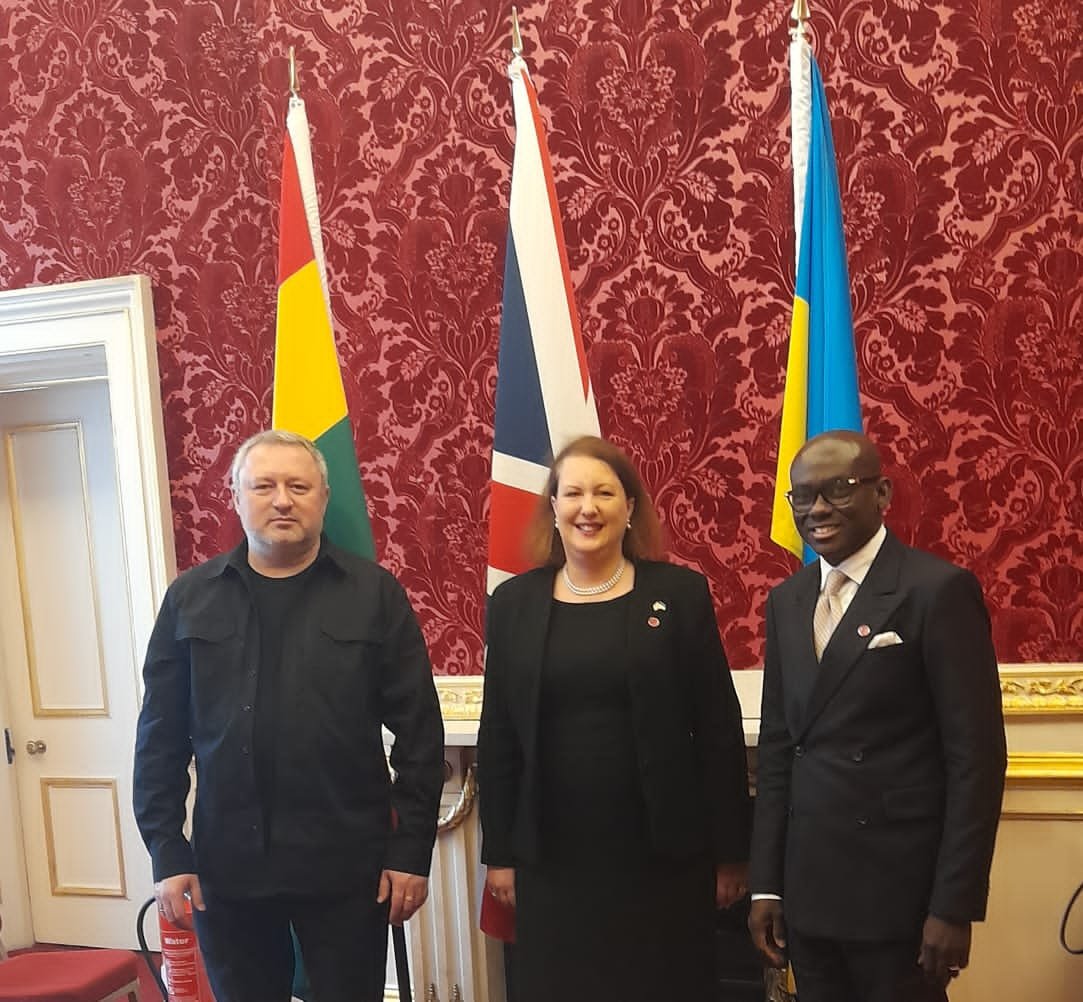
 The Minister of Justice and Attorney General, Godfred Yeboah Dame, has touted the country’s legal prowess and track record as a firm adherent to human rights in guarding the rule of law.
The Minister of Justice and Attorney General, Godfred Yeboah Dame, has touted the country’s legal prowess and track record as a firm adherent to human rights in guarding the rule of law.
Based on this, he stressed that Ghana has no difficulty supporting the work of the International Criminal Court (ICC), especially relating to the investigation of war crimes committed in Ukraine.
The AG made this comment yesterday when he led a high-level delegation from Ghana to London in the United Kingdom to attend the Justice Ministers’ Conference.
With Ghana being one of the first countries to sign and ratify the Rome Statutes as far back as 1999, the AG affirmed Ghana’s recognition and support for the work of the ICC in line with her cherished tradition and culture in the protection of international human rights and the work of international courts set up with the object of consolidating such values.
Mr. Dame recalled that in January 2017, when a number of member states of the African Union voted to pass a non-binding resolution for a mass withdrawal from the ICC, Ghana was not one of those nations, and, accordingly, Ghana was willing to support measures to protect global peace and security.
Ghana’s position
On Ghana’s position on the situation in Ukraine, Mr. Dame highlighted that the country had unequivocally and consistently stressed that Russia’s actions in Ukraine constitute an unjustified violation of the territorial integrity of Ukraine.
Accordingly, he justified Ghana voting in favour of a UN Resolution on February 23, 2023 which demanded the immediate, complete and unconditional withdrawal of Russian military forces from the territory of Ukraine and called for a cessation of hostilities.
He noted that Ghana is of the fervent belief that a pathway to the resolution of the war is through honest and sincere dialogue between the warring parties. However, he said, the course of recent events suggest that a peaceful resolution through dialogue will be illusive.
The AG also highlighted that the ICC has a responsibility to identify suspects, gather evidence and prosecute perpetrators. He stated that Ghana supports the investigative work of the prosecutor in the situation in Ukraine in line with its accountability mandate to ensure that individuals found culpable of egregious crimes in violation of the Rome Statutes are investigated and brought to book under international law.
Supporting ICC
On the role Ghana could play in supporting the ICC, Mr. Dame said that the Office of the Attorney-General and Ministry of Justice in Ghana had recently moved to fill a lacuna in Ghana’s laws by preparing an International Criminal Court Bill to enable courts in Ghana.
This, he noted, is to try offences recognized under the Rome Statute, and to provide a legal framework within which the ICC can prosecute cases in circumstances where the Ghanaian courts are unable to do so. The AG revealed that, currently, the said Bill is undergoing stakeholder consultations as part of the processes for its enactment and will soon be laid before Parliament.
He also noted that in view of the peculiar nature of investigations anticipated to be conducted in the Ukraine situation, there will be the need to provide witnesses with adequate protective and security measures and assist them in obtaining medical, psychological and other appropriate assistance.
Thus, Mr. Dame noted that repertoire of services offered by the Domestic Violence and Victim Support Unit of the Ghana Police Service places it in a position to contribute effectively to the work of the ICC.
He explained that the Domestic Violence and Victims Support Unit is the agency within the Ghana Police Service specifically trained to offer support for victims. He noted that its output makes it the best of such units within the Police Service of any African nation and that personnel of the Unit have the requisite training to assist the ICC within the countries of victims if needed.
He also stated that Ghana can offer relocation assistance to the ICC for victims and witnesses. He said Ghana’s track record as a nation speaks to an established capacity to provide accommodation in-state, identity protection and a home for refugees.


